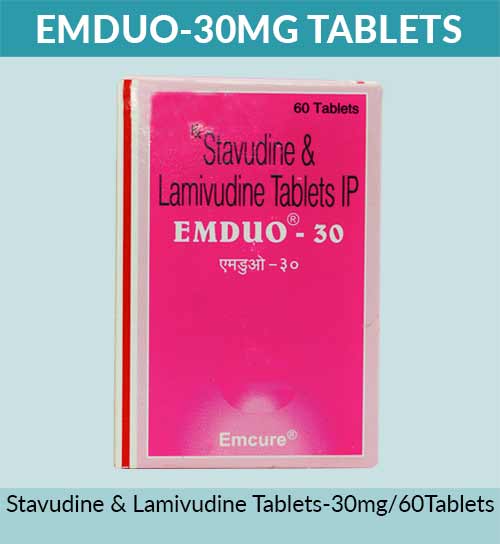Lamivudine-Stavudine
Lamivudine-Stavudine is a combination medication used in the treatment of HIV/AIDS. It works by slowing down the progression of the HIV virus in the body, which in turn helps to prevent the development of AIDS-related illnesses. The medication is a combination of two antiretroviral drugs, lamivudine and stavudine.
Lamivudine is a type of nucleoside reverse transcriptase inhibitor (NRTI) that works by blocking the reverse transcriptase enzyme, which is essential for the replication of the HIV virus. Stavudine, on the other hand, is also an NRTI that works in a similar way to lamivudine, but with a slightly different mechanism of action.
By combining these two drugs, Lamivudine-Stavudine is able to provide a more effective treatment for HIV/AIDS than either drug alone. The medication is typically taken orally, either with or without food, and dosages will vary depending on the patient’s individual needs and medical history.
Like all medications, Lamivudine-Stavudine may cause side effects in some patients. These can include nausea, diarrhoea, headache, fatigue, and weakness. More serious side effects, such as liver problems, pancreatitis, or lactic acidosis, are less common but can occur in some patients.
Overall, Lamivudine-Stavudine is an important medication in the treatment of HIV/AIDS. While it is not a cure for the disease, it can significantly slow down the progression of the virus and help patients live longer healthier lives. If you have been diagnosed with HIV/AIDS, talk to your healthcare provider to see if Lamivudine-Stavudine may be a good treatment option for you.

